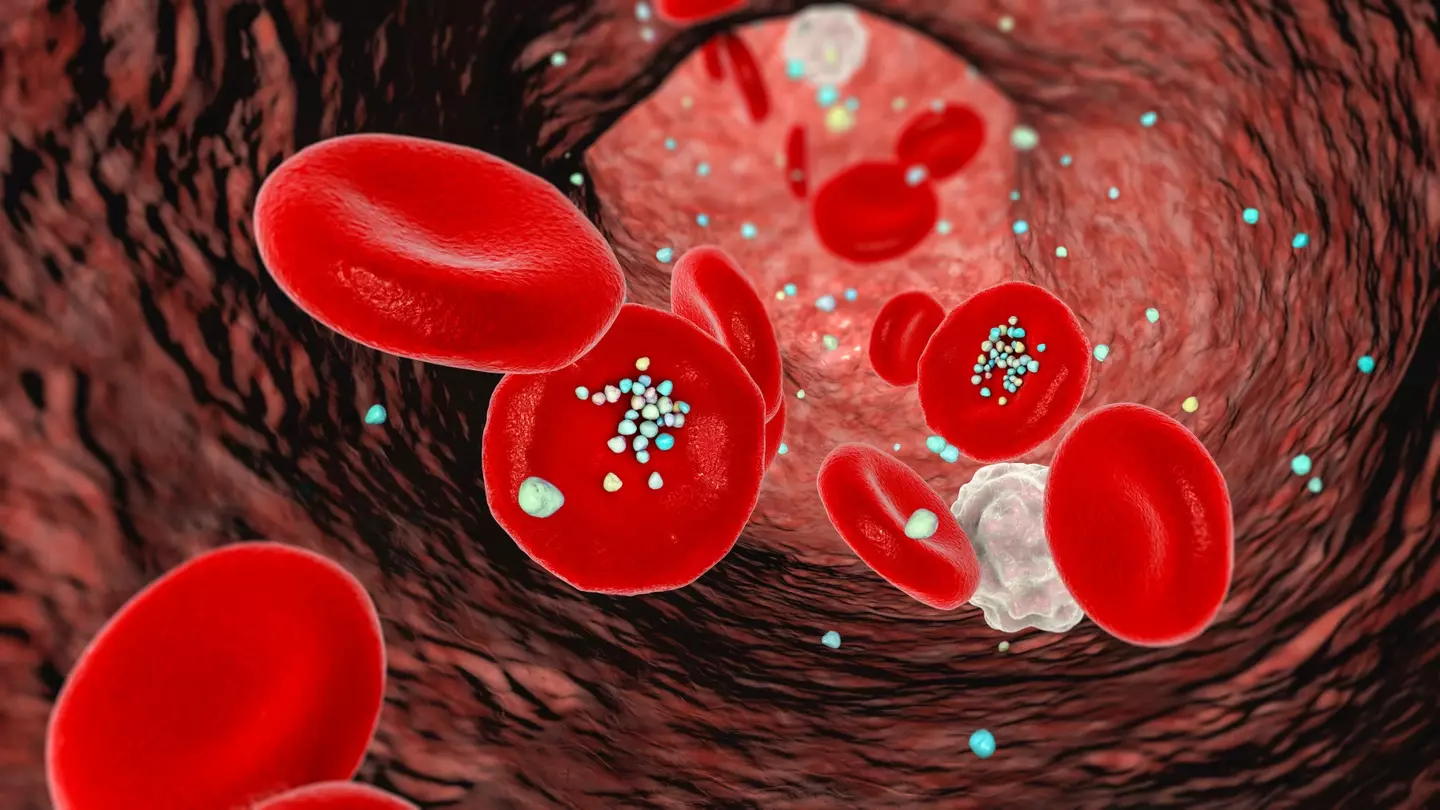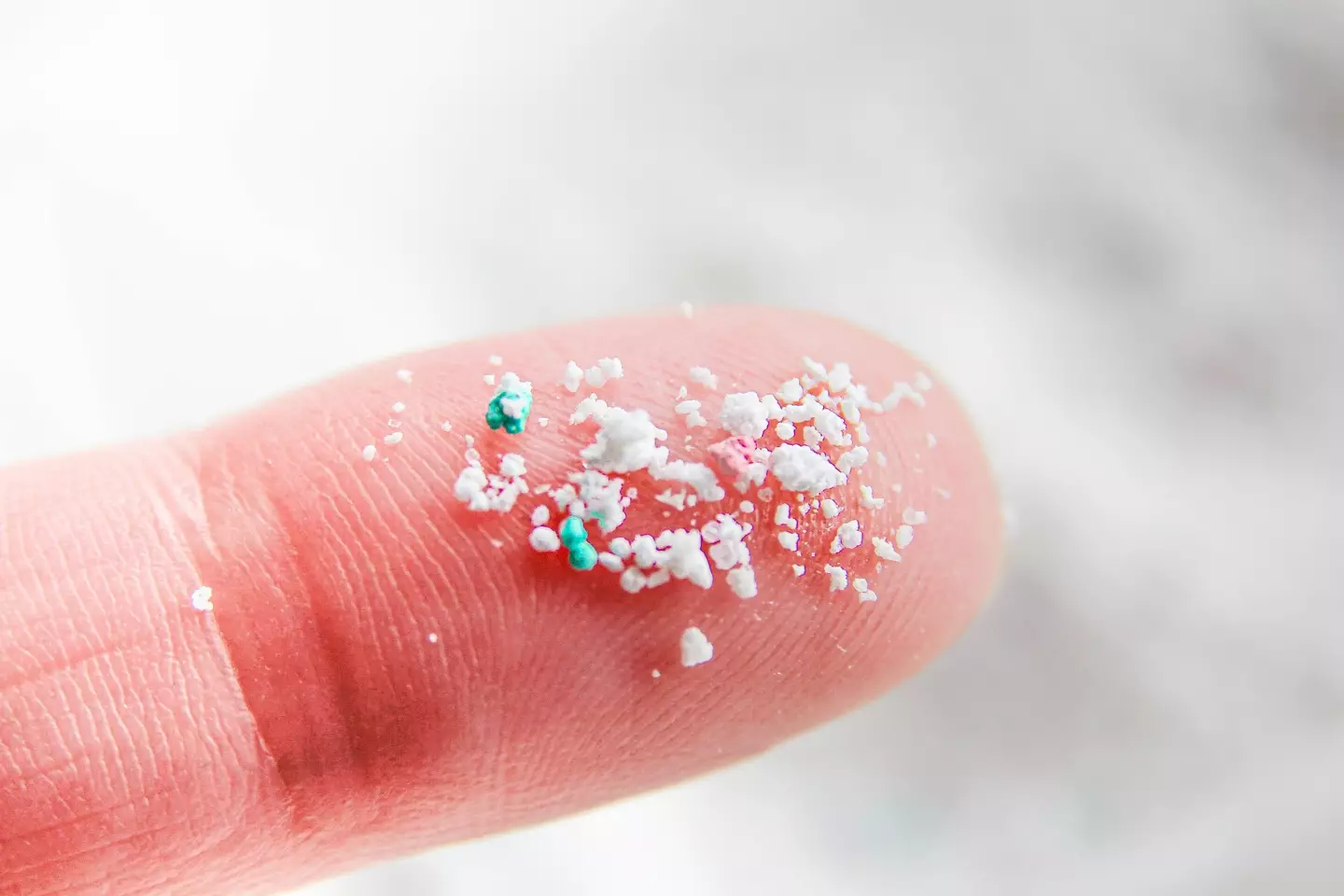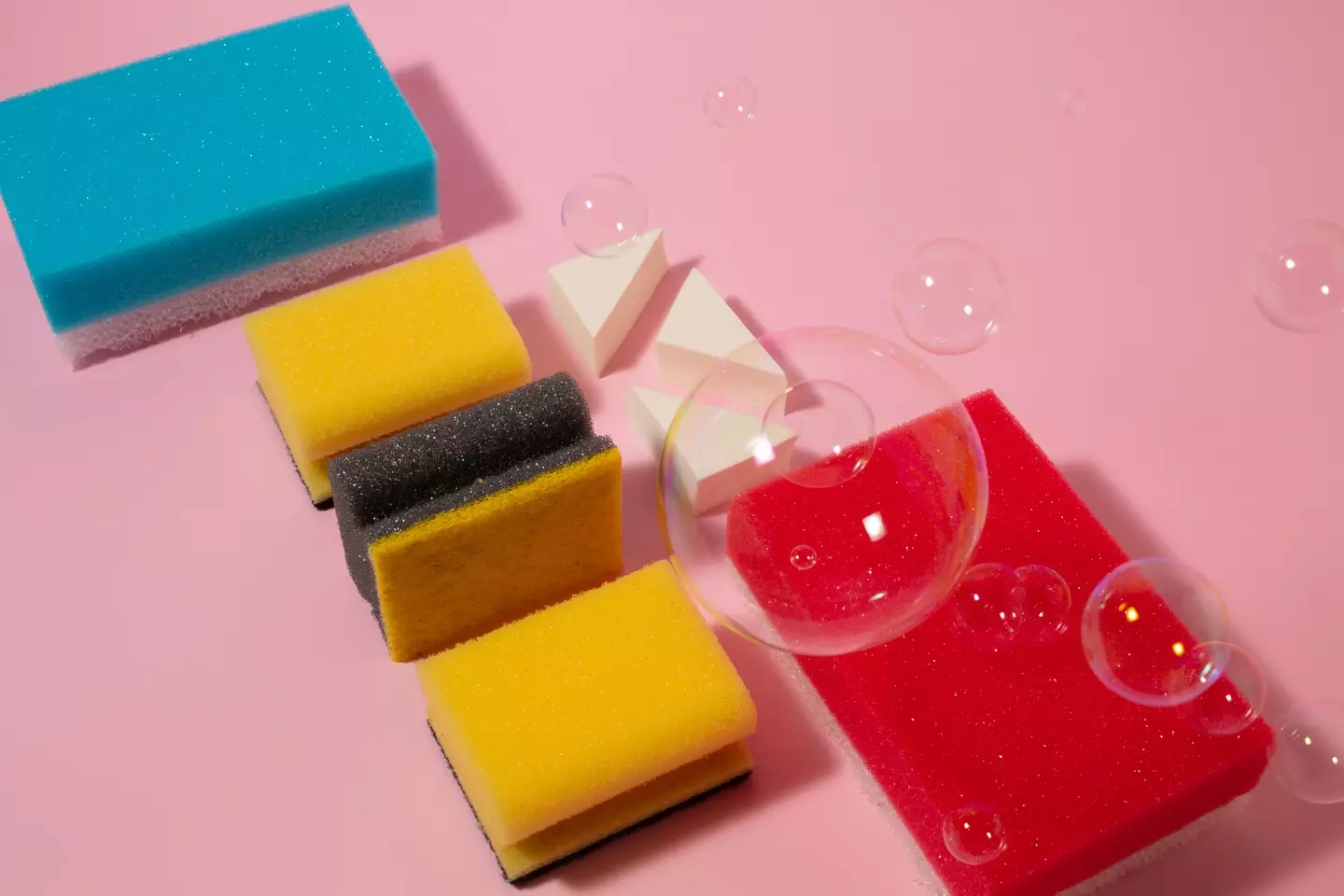
Research has revealed that a popular household tool could actually be sending trillions of microplastics into your home every single month.
The item in question may help you keep your house squeaky clean, but at the same time, it's doing damage to the environment and releasing minuscule debris into the air, according to a 2024 study.
For those who aren't familiar with microplastics, they're extremely small pieces of plastic debris, which result from the disposal and breakdown of consumer products and industrial waste.
They're a form of pollution and they're usually less than five millimetres in diameter, making them invisible to the naked eye.
Advert
According to research in the National Library of Medicine, when microplastics enter your lungs, they can damage the lung tissue and cells and may even have an impact on your immune system.
These tiny particles can be found everywhere; however, too much exposure can potentially be harmful to your health and more research on the damage they cause still needs to be done.
All in all, they're not really something you want lots of floating around your house without knowing, especially in the kitchen where you're preparing food.

The household tool we're actually talking about is a melamine sponge, a sponge made from melamine foam, a type of open-cell foam that has a hard structure, making it easier to scrape away dirt.
They work like super-fine sandpaper and clean effectively with water alone, meaning they're a popular choice around the world.
Sponges like this are available in most supermarkets in the UK, with prices starting at as little as £1.29 for a pack.
However, scientists from the American Chemical Society took a closer look at the popular product, and their findings are not what you want to hear.
They found that every time you use the sponge, you may not notice but it's actually gradually breaking down and shedding microplastics as it does so.
The scientists tested sponges from three popular brands by rubbing them against textured metal to mimic how they would be used every day.
They concluded that one single sponge sheds around 6.5 million microplastic fibres per gram of worn-down material, which, spoiler alert, is a lot.
Researchers then looked at Amazon sales data from August 2023 and went with the assumption that, on average, the product - which is often called a magic sponge - is worn down by about 10 percent through regular use.

From there, the team estimated that 1.55 trillion microplastic fibres could be flying out into the environment every month from these products.
And that's just from Amazon - meaning realistically, the number could actually be way higher.
Once in the air, these tiny debris pieces don't stay there - they make their way into the oceans, soil, and even our bodies, which as we mentioned earlier, can pose some health risks.
The fresh warning comes after researchers from the Universitat Autònoma de Barcelona have found a potential danger lurking in the humble teabag.
Following many tests, scientists have found that some teabags are full of microplastics, and when they are steeped in boiling water, they are released into the water we drink.
The study warned: "The potential health implications of environmental micro/nanoplastics (MNPLs) are increasingly concerning.
"Beyond environmental exposure, other sources such as food packaging, including herbal teabags, may also be significant."
Topics: Environment, Health, News, Life, Science